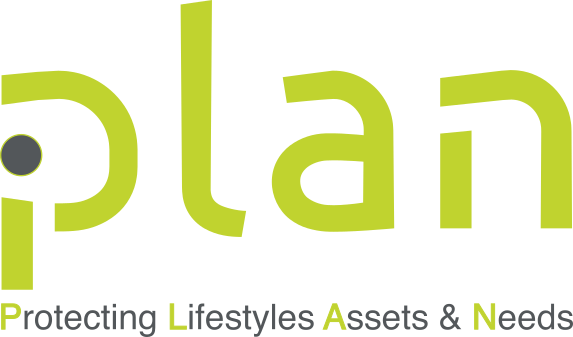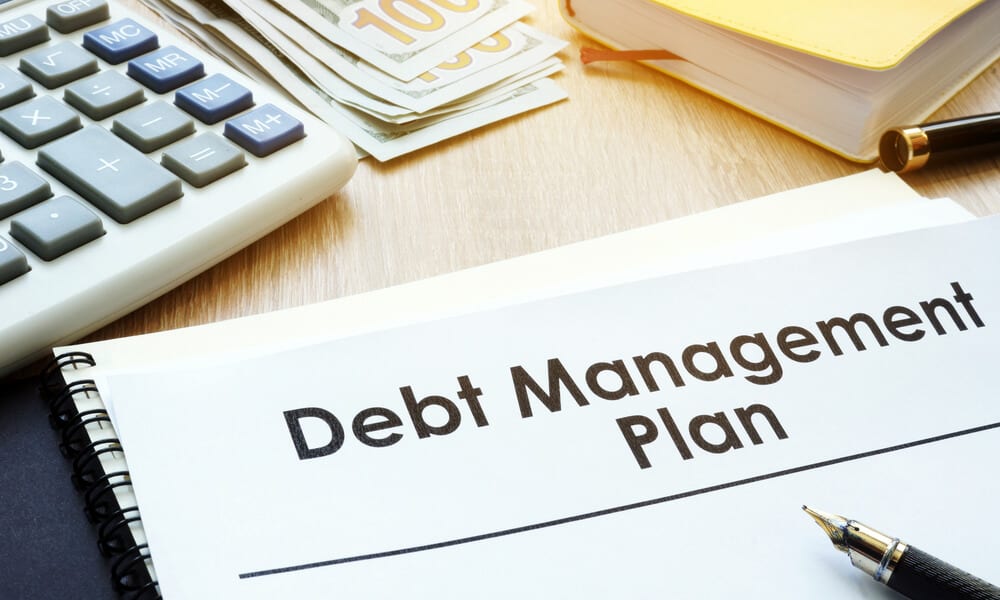The word for the day:

Below, I will try to explain the different steps of tariff policy and it’s potential impact on an economy and your portfolio. The goal is to draw a connection between if you do X, you should expect Y.
- By raising the tax on importers
- You also raise the price on goods and services sold
- Which in turn forces businesses to raise its prices for the consumer if they want to sell the goods and services
- If the consumer does not want to pay higher prices, they will look for alternatives including not spending at all
- Which in turn slows down an economy
- If the economy slows, businesses buy less and employ less which creates a demand for what is available
- This demand further increases the price on the available supply which causes inflation
- Finally, the importers (from step 1) look for other trading partners with lower tariffs.
- If the importers find other trading partners, the concerns for the economy that originally raised the tariffs can become sticky disrupting the growth of that economy.
Last month revealed something that cannot be unseen. From April 2, 2025 to April 9th, we witnessed a political whipsaw that had an immediate and violent impact on market uncertainty and confidence.

(S&P 500 graph from March 24, 2025 to April 21, 2025 – www.msn.com)
Not just with investors, but with trading partners as well. And the biggest hit was on the “American” brand. Anyone in a relationship knows that once trust is betrayed… it is hard to get back. This is our concern.
As a Private Wealth Manager, my job is to understand the markets and the economy to help our clients maintain their lifestyle. We are probably in the eye of a market correction that will not be seen until the summer. This is not a gloom and doom outlook, but it is an advance notice to prepare for a slow-down. Shipping to the U.S. is already seeing a lower imports. See Shipping customers have canceled 30% of US orders from China amid tariff chaos, logistics giant says. Importers are already suggesting higher prices on new imports. A good friend of mine, Kristin Myers from ETF.com has also provided further insight on the impact of tariffs. So as a result, building a portfolio has to be defensive yet nimble. Revisiting Financial plans should be an annual task and paying off debt should be a priority.
iPlan, has already sent notices to their clients about our Financial and Tax Planning services. We have also reconstructed our portfolios to mute some of the volatility we expect for the remainder of the year. Now we are asking you to schedule an appointment with us to review or implement a planning strategy to help reduce expenses and create savings for this year. Remember, you are more than stocks and bonds. iPlan. Do you?
We would love to hear your comments. Subscribe and Follow us on LinkedIn at https://www.linkedin.com/in/bryan-beamer-a141437/
- https://www.msn.com/en-us/money/companies/shipping-customers-have-canceled-30-of-us-orders-from-china-amid-tariff-chaos-logistics-giant-says/ar-AA1DthbG?ocid=BingNewsSerp
- https://www.cnn.com/2025/05/01/business/ports-shelves-tariffs-shipping/index.html
- https://www.linkedin.com/posts/etfcom_kristin-answers-how-to-invest-during-stagflation-activity-7320178022420992000–X0a?utm_medium=ios_app&rcm=ACoAAAFEGfABolXw707Zi13w5Az5iXnEFEgsC1I&utm_source=social_share_video_v2&utm_campaign=share_via











